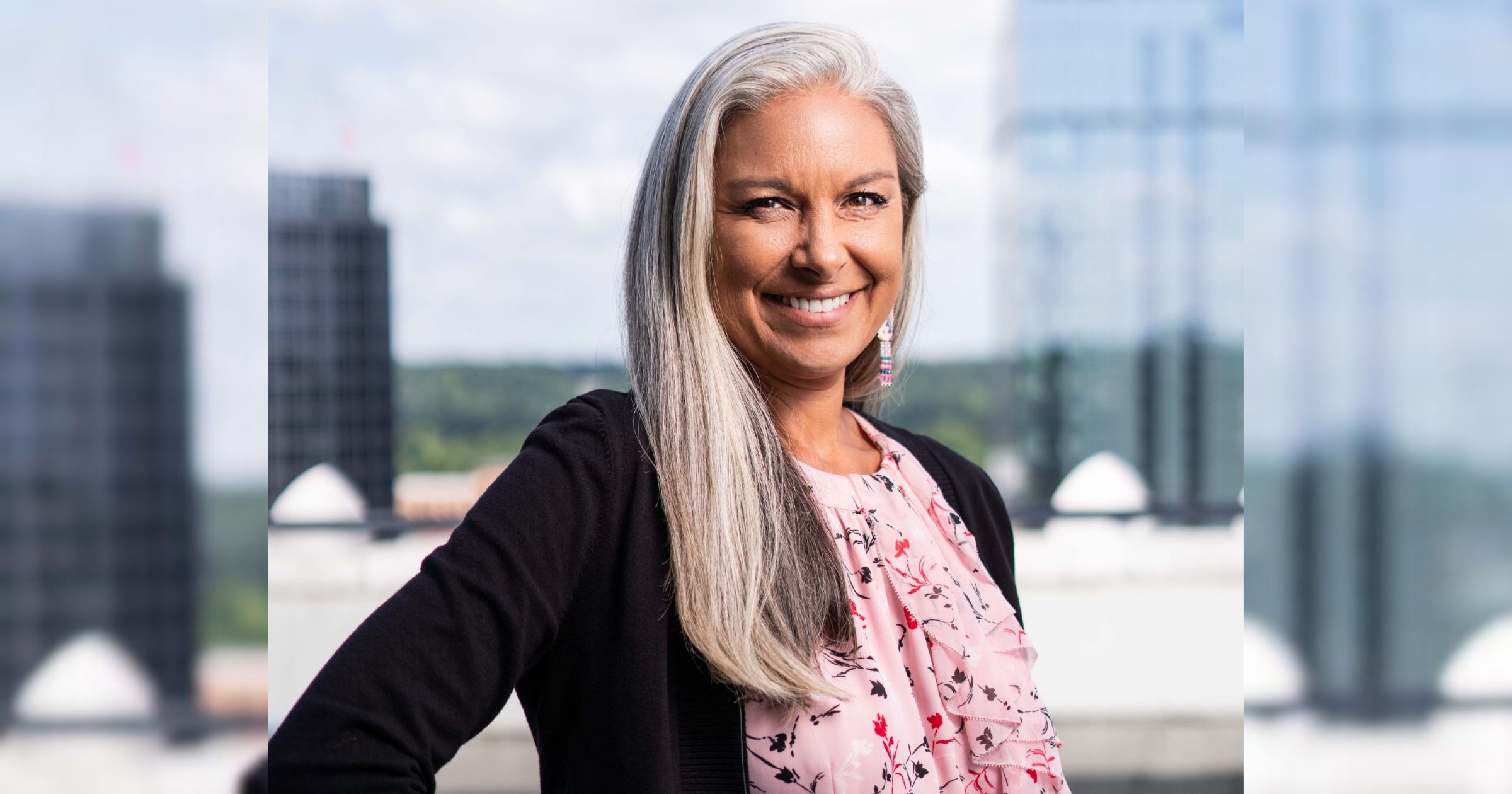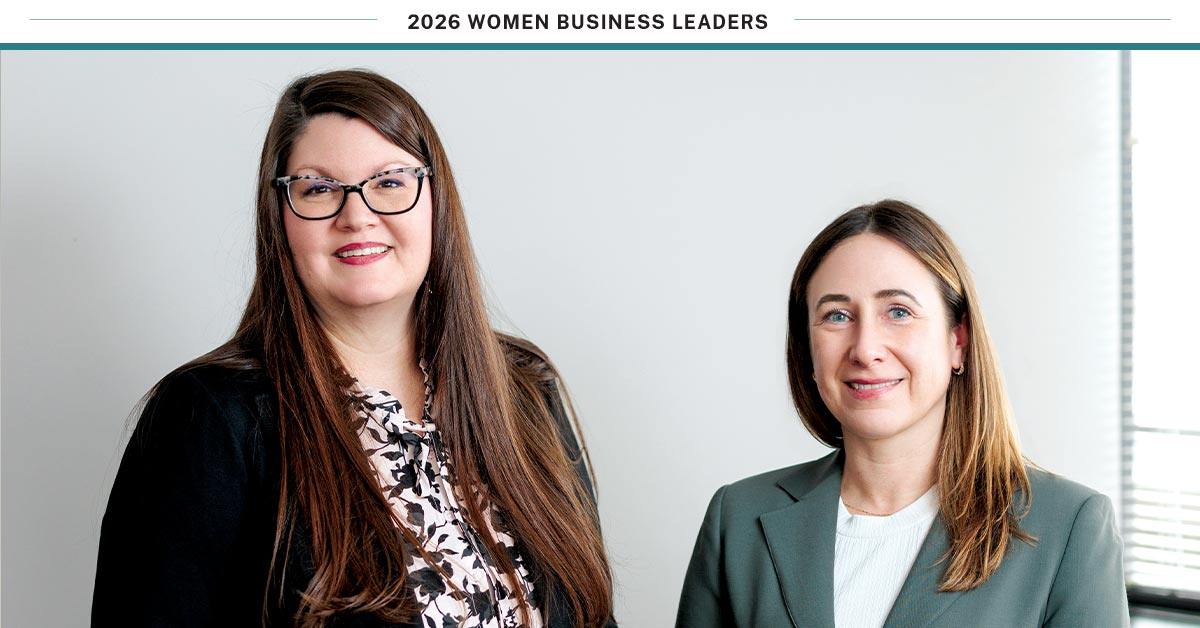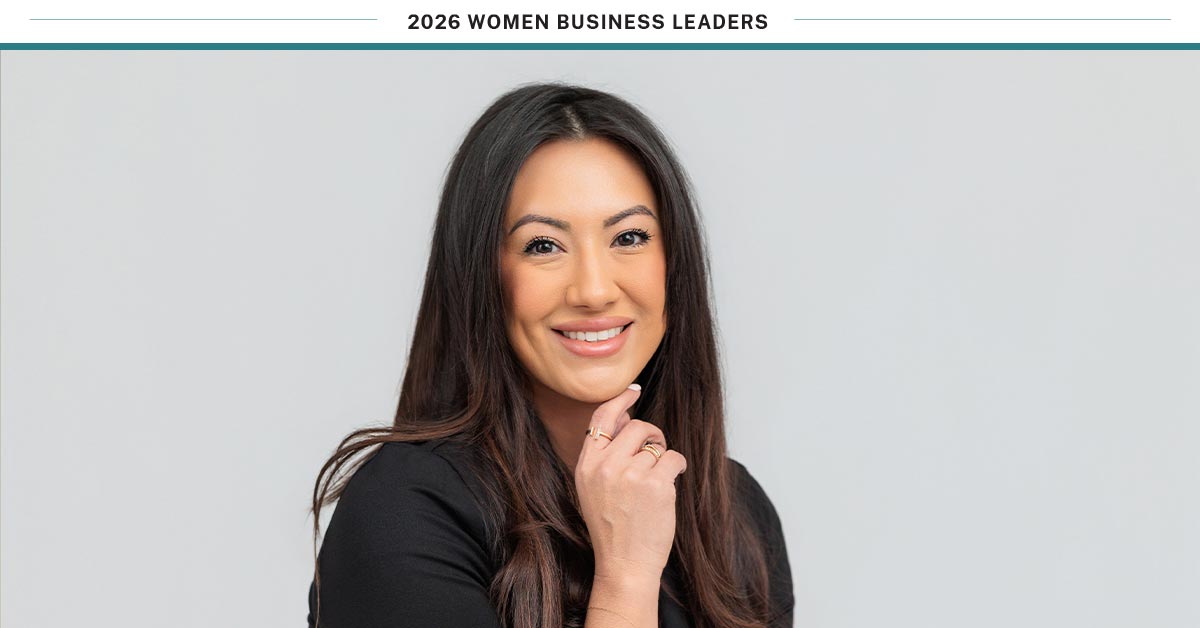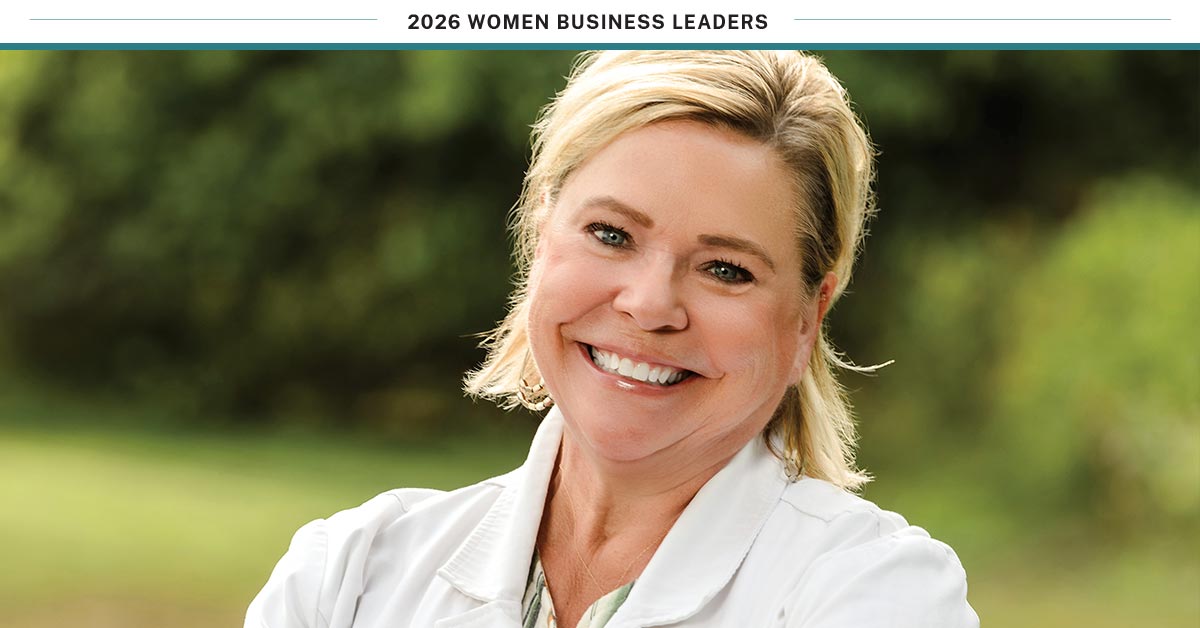Did you know? According to the National Museum of the American Indian, it's estimated that in the 130 years followinag first European contact, Native America lost 95% of its population, along with a disruption of tradition and enormous loss of land.
Recognizing Indigenous Peoples' Day—which takes place the second Monday of each October—serves as an opportunity to see a more complete and accurate history of the United States while celebrating the survival, traditions and resilience of Native peoples and their communities.
We connected with Lin Bardwell, Assistant Director for the Office of Multicultural Affairs at Grand Valley State University, to learn more about her own experiences as an Indigenous woman, the significance of Indigenous Peoples' Day, shifts in public perception, and more.
WMW: Can you share a bit of your personal journey and what led you into advocacy, education, and cultural work?
Lin Bardwell: My parents raised me in Wyoming, Michigan, where I graduated from Rogers High School. But we also had a tiny house in Harbor Springs. Our tiny little weekend home and fire pit became the center of the community every Saturday night. Stories were shared and jokes were told. My mother always allowed me to stay up, wrapped in a sleeping bag on a lounge chair, to listen. My upbringing and heritage were being in community and learning from family. Those were the roots of my teachings. And I didn't even realize that I was Native at that age, but it cemented me in the teachings of compassion and of being understanding of others; this is how societies progress, grow, and continue.
As an adult, it was my first job working in and for the community at Grand Rapids Public Schools as the coordinator for the Native American Education Program that landed me in the field of education. During this time, I learned that there is a lot of unknowing when it comes to America's history and relations with our Native nations. It was then that I decided to always educate folks on issues that my community face and to be open to any question. I may not always know the answer but people needed to know it was safe to just ask.
It wasn't long before I was asked to run for tribal council for the Little Traverse Bay Bands of Odawa Indians, the tribal community I come from. I ran and was elected. I advocated at the national level for my tribe. During this time, I learned more about the atrocities that my community has faced in the past, is currently facing, and the potential for others in the future. I was recently accused of being a "fulltime advocate," and I wear that title with pride!
The culture part is the part of the story that drives all the rest. It is integral to our DNA, but we have to work and focus on it for it to be realized. And that can only happen in community. I am forever grateful for the folks in the Grand Rapids Native community for teaching me all they have these last 24 years.
WMW: How has your identity as an Indigenous person shaped your worldview and how you move through life?
LB: My identity and all of my experiences have played a huge role in how I move through my world. When you're on a journey to bring voice to the silenced and erased, you need to be in touch with what the voice wants to say, how they want to be seen, and how they want to be included. That only can be done by working in community, listening to your elders, learning from those that have spent their lives doing the same thing you are doing.
Here's the thing that you learn with age: You begin to see patterns— patterns in actions, conversations, and inactions. You see broken promises, unrealized plans, shelved feasibility studies and needs assessments ... everything you thought would help, has already been attempted in the past. These conversations were had with the last leadership or elected officials, and yet still my community sit silenced, but attacked! Make it make sense. With age comes cynicism and wisdom, and with age, we must support and build up our children, our community's children. We must supply them with our wisdom and experiences, and they must listen. But we, at some point, will depend on the energy of our youth; they must be our top priority.
WMW: In your view, what is the core significance of Indigenous Peoples' Day—for both Indigenous communities and for non-Indigenous people?
LB: Well, I love that it happens to be the same day others celebrate the guy who washed up on Indigenous lands, so Indigenous Peoples' Day is a great replacement holiday.
This is a day to celebrate who we are as Indigenous people. And, if others are paying attention, it is an opportunity for them to see the vibrancy and richness of who we are as Indigenous people—the original people of this land. Just like November, Native American Heritage Month, it is a time for everyone to learn just a little more about Turtle Island's first people.
For the North American Indigenous people, our history isn't filled with stars and stripes and the land of the free. Our history is filled with trauma, but trauma that we have survived. Survival often comes with shame, internalized unrecognized shame. With Indigenous Peoples' Day as a holiday, we become a member of a larger community, and with that membership comes pride! This is a day for us collectively, as sovereign nations, to recognize our vibrant culture, and more importantly, revitalize our roles and responsibilities to Aki, our Mother Earth.
WMW: For students, young people, or those new to engaging in Indigenous issues, what impact do you hope Indigenous Peoples' Day has on their understanding or actions?
LB: Our future lies with our children, so they must learn more about the Indigenous peoples' rich cultures, languages, and traditions, which would decrease our invisibility in the future. I am playing the long game as well as the short game, (Seven-Generations Perspective). We have knowledge systems that predate colonization by thousands of years—it is time we all get to celebrate in that!
A big part of that celebration is recognizing Indigenous peoples' contributions—both historical and modern. We need to foster respect and appreciation for the diversity and resiliency of our Indigenous communities. I am still hoping there are people out there who, when they know better, do better. So days like this allow society the opportunity to know more about our shared history here in the United States. However, we all have a different lens in which we view history from; that lens is critical when trying to better understand "where they are coming from." This day has been a conversation that GVSU has had for 15 years. It was our Native American Student Association who began hosting the "Rethinking Columbus Day" event on campus. It was a few years later that GVSU adopted Indigenous Peoples' Day. Our youth carried that staff to our leadership, and our leadership listened.
WMW: What are some of the barriers, political or social, to adopting or honoring Indigenous Peoples' Day more broadly?
LB: Over the years, we have heard that it is an attack on Italian heritage, which is so far from the truth. Many folks have returned to the very writings of Christopher *olumbus himself and have learned of his very violent methods for "conquering the new land." In that truth, Indigenous people feel that celebrating these actions isn't who we should be as a country. On the contrary, the Italian heritage is full of culture, people, history, and foods that we should all celebrate!
I think politically and socially, Americans like to turn their faces away from the ugly truths this country likes to cover up—Christopher *olumbus is just one of those moments in history where the narrative was shifted. We all went through the k-12 system and were fed that narrative. There have been others who went out of their way to find the truth of this fable, and fight for our truths to be told, accepted, and valued. Indigenous Peoples' Day, however, is bigger than the lost sailor. This is a moment in time for those who practice colonial ways of being to experience the purpose of our cultures, our languages, and our ways of being, around the world. It decentralizes Americana and our self-inflated narrative and centers the people colonization had hoped to stamp out. But alas, we are still here! This is a day for us to celebrate the survival of our forced colonization. And sadly, Americans don't like that.
WMW: What role do storytelling, culture, language, ceremonies, and land-based practices play in making Indigenous Peoples' Day meaningful and authentic?
LB: Well, without any of these, there is no celebration or recognition of the day. All Indigenous communities have their thousands-year-old ways of knowing and sharing that are still being practiced today. I think for those allies out there wanting to build awareness of this day, do some research into the Indigenous people who originally cared for the land that you currently sit upon. Learn their ways of caring for the earth and all its beings, listen to their Creation stories, get a glimpse into how they relate to each other and the Creator.
The authenticity of the day comes from the heart of those who engage with it, pure and simple. I would love it if everyone who learned a new fact about any one of our Michigan tribal communities and governments went and shared that at their dinner table. Too often, non-Indigenous folks like to hold onto their knowledge, as if they owned it. One doesn't own knowledge; one shares it freely and willingly with others in their communities. Let's work together to end the silence and invisibility of our tribal citizens who have and will always care for this land.
WMW: Over your years of work, how have you witnessed shifts in public perception, policy, or institutional behavior around Indigenous recognition and rights?
LB: Before this administration, there has been a lot of movement concerning our access to the rights afforded to us via our sovereignty. As mentioned, GVSU took up this conversation through student activism more than 10 years ago. Our leadership here at the time was very supportive of making Indigenous Peoples' Day an actual day here at GV. I have been around long enough to see the growing interest in us as a people and community and being included more around the city.
Within the past several years, local entities have called on our community for presentations, workshops, moments of learning, and inclusion into the strategic plans of organizations. What does that mean? Well, with the growing interest in our knowledge and history comes with it toxic situations where we are just filling a check box for folks where no meaningful connection was made. A "Come and give us this information and then we are just going to go about our day" kind of mentality. This happens less and less with our ability to know and see when we are becoming a box to check, but still happens. I think with education and awareness of our history here along the Grand River, people will begin to truly understand our sovereignty and the U.S.'s responsibility via the treaties of this nation. Let's not forget that the Washington Treaty of 1836 led to Michigan becoming a state, but the question becomes: Has the government lived up to their agreed responsibilities contained within that document?
WMW: What unresolved challenges or gaps still concern you most about Indigenous visibility, equity, and justice in this country?
LB: From the perspective of someone who has worked in Indian Education, tribal politics, and within the economic sector of Native American Country, the biggest challenge and set back when it comes to all issues our community faces is basic "Indian 101." This is what we discuss all the time in our tribal circles. We talk about how at every first meeting concerning our welfare, wellbeing, political rights and responsibilities, education, health issues, or the business sector, the foundational issue we all face is the lack of basic knowledge about who we are, what we are, and how we operate. This is often due to our lack of visibility from the beginning of our education system.
So now, in order for us to join in commerce, community support building, or influence legislation, we have to go back to basic legal review. This slows down collaboration building and advocacy work to a stop more times than not. Humans fear what they don't understand and folks fear working with tribes still.
Also, I believe there is still a high level of disregard to our strengths, gifts, talents, and contributions to society. As an elder once told me, "We as Natives always have to walk around with our resumes around our neck!" This is to say that in non-Indigenous settings, folks like me and my elders are viewed as "not at the same level," and disregarded or ignored. But in reality, what you are doing when you ignore a Native issue is ignoring those treaties that govern this land. Those treaties have been forgotten and disregarded. We, as America, need to revisit those founding documents and realize those responsibilities that lie within.
WMW: For those who want to learn more, get involved, or support Indigenous communities, what steps (big or small) do you recommend they take?
LB: I get asked this all the time, and it is a good question. It's a question that, when asking 10 people, you will get 10 different answers. My usual go-to is to suggest some research on tribal communities or tribal governments. Where are the sovereign nations within your state or region? Read some Native media sources like Native News Online or Indian Country Today or listen to the many Native/Indigenous content creators on Instagram and TikTok. These are ways that you can learn about Native people from Native people, view the world through their lens, and listen to their stories.
Come and visit a powwow and support our fine artists and dancers. Grand Valley State University's All Walks Of Life Powwow, coordinated by our Native American Student Association, will be next spring April 4, 2026. But remember that at the end of the day, it isn't our personal responsibility to educate you on us. Let a person choose to share their understanding with you; most of us will, but sometimes the questions become too much on a particular day.
This October 28, 2025, we will be hosting an evening with Dr. Anton Treuer in the Cook-Dewitt Center on our Valley Campus, located at 1 Campus Dr., Allendale, MI 49401. This event will be open to the community. Dr. Treuer will be discussing Decolonizing Our Future: Truth, Sovereignty, and Student Success.
If you want to know more about who we are, get out there and attend a few of our public events. Grand Rapids has two powwows in the Riverside Park area—come and check them out!
Edited by Sarah Suydam, Managing Editor for West Michigan Woman.
Photo credit of Gabe Gonzaga from Lambert, Courtesy of Lin Bardwell




